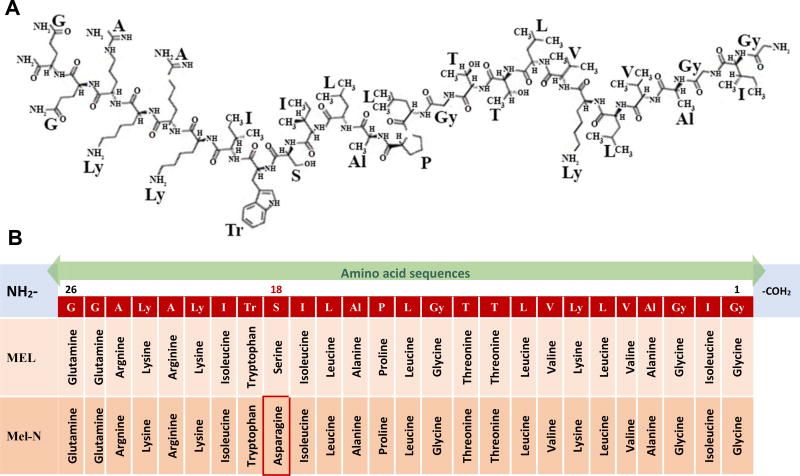Melittin (MEL), a major peptide component of bee venom, is an attractive candidate for cancer therapy. This agent has shown a variety of anti-cancer effects in preclinical cell culture and animal model systems. Despite a convincing efficacy data against variety of cancers, its applicability to humans has met with challenges due to several issues including its non-specific cytotoxicity, degradation and hemolytic activity. Several optimization approaches including utilization of nanoparticle based delivery of MEL have been utilized to circumvent the issues. Here, we summarize the current understanding of the anticancer effects of bee venom and MEL on different kinds of cancers. Further, we also present the available information for the possible mechanism of action of bee venom and/or MEL.
Keywords: Bee venom, Melittin, Melittin conjugates, Cancer management, Anti-cancer effects.
Cancer is one of the major ailment effecting humankind and remains as one of the leading causes of mortality worldwide. The current available data suggests that over 10 million new patients are diagnosed with the disease every year and over 6 million deaths are associated with it representing roughly 12% of worldwide deaths. Fifteen million new cancer cases are anticipated to be diagnosed in the year 2020 [1] which will potentially increase to over 20 million by 2025 [2] and more in years to come. It is also anticipated that the growth and aging of the population may increase the new cancer cases to 21.7 million with about 13 million cancer deaths by the year 2030 [3].
